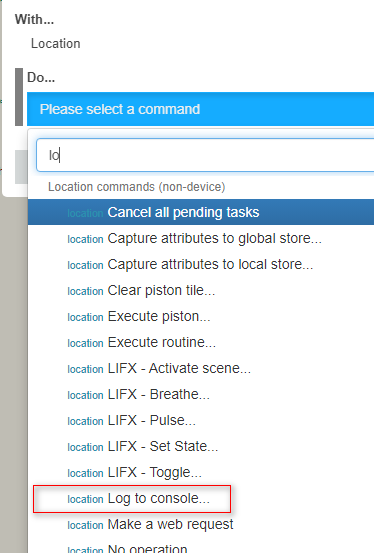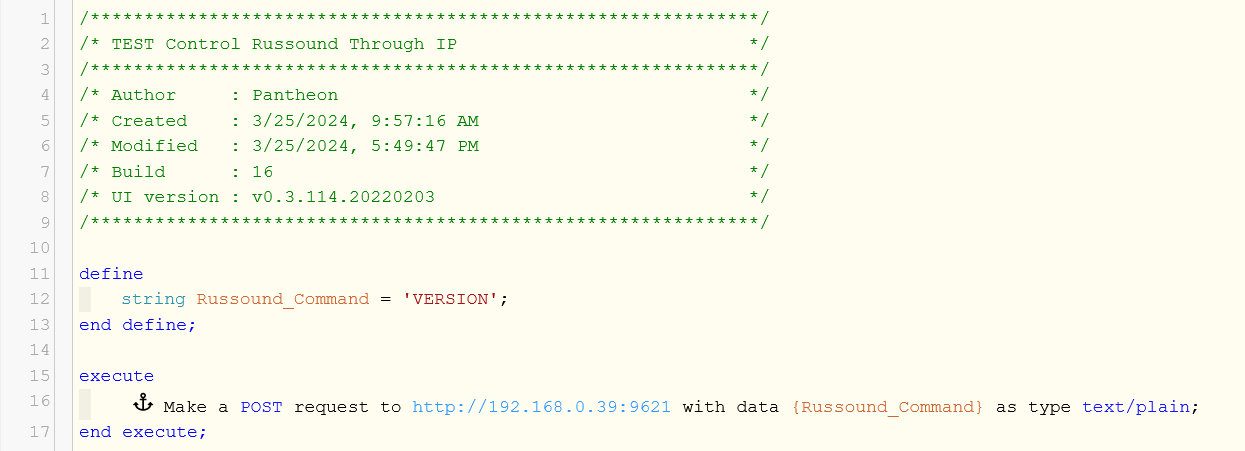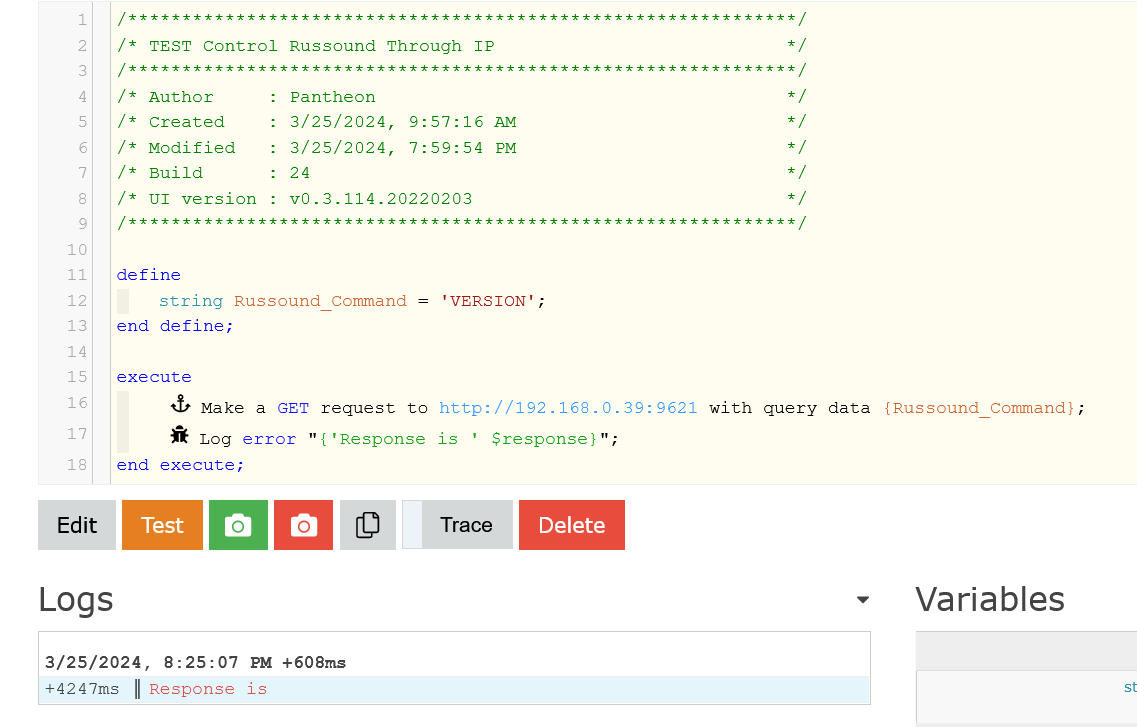1) Give a description of the problem
I want to make a web request and use defined variable inside the url
2) What is the expected behaviour?
return something
3) What is happening/not happening?
it return nothing, when I use “text” it works but @variable not working
4) Post a Green Snapshot of the piston![]()
5) Attach logs after turning logging level to Full
(PASTE YOUR LOGS HERE THEN HIGHLIGHT ALL OF THE LOGS AND CLICK ON THE </> ICON TO FORMAT THEM CORRECTLY)
REMOVE BELOW AFTER READING
If a solution is found for your question then please mark the post as the solution.






